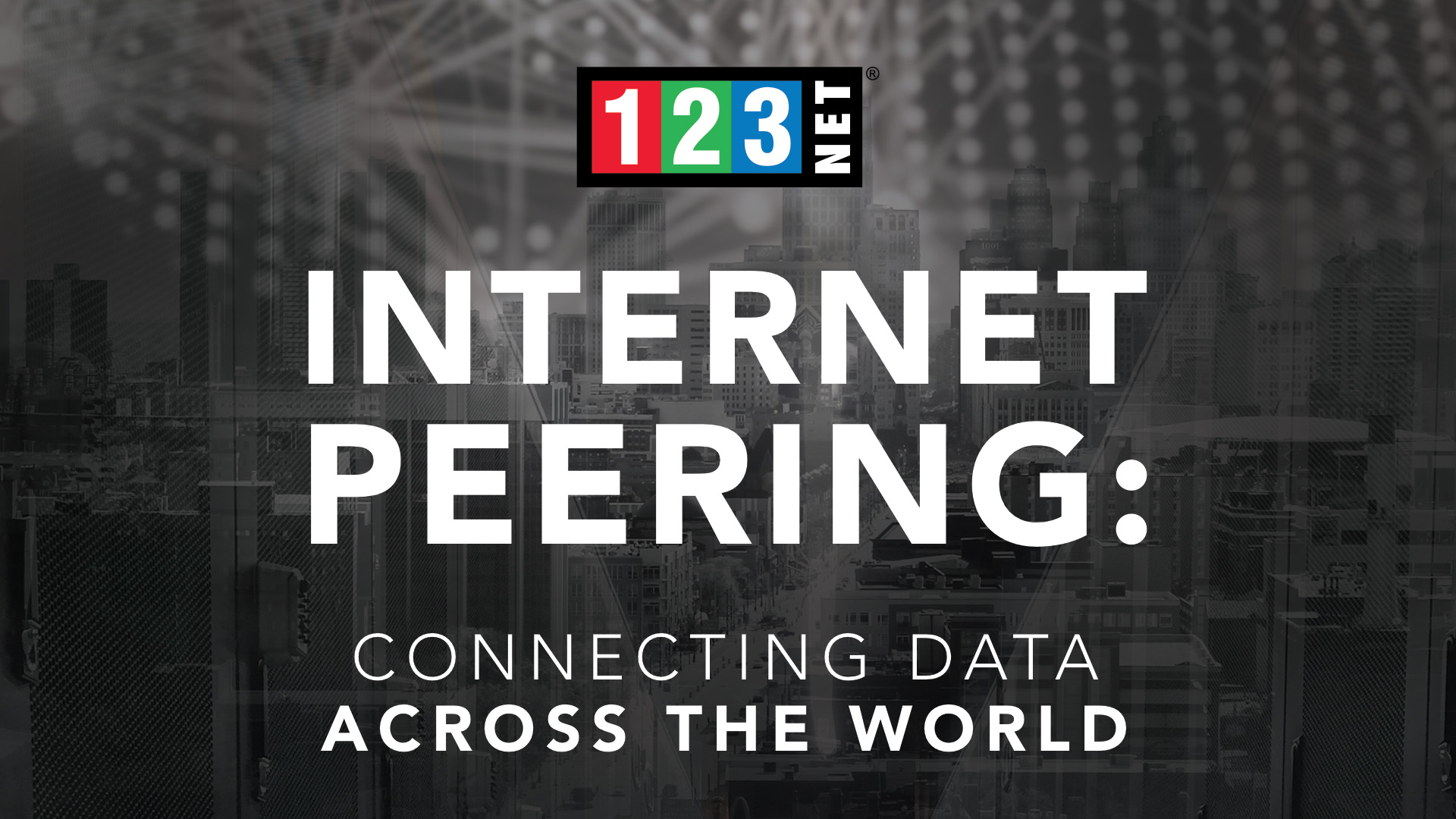
Introduction
Hosted telephone systems, also known as cloud phone systems, are advanced telecommunication solutions that leverage the internet to manage and deliver phone services. Unlike traditional on-premise phone systems, hosted telephone systems are maintained and operated by third-party service providers, offering businesses a seamless and efficient communication platform.
In today’s fast-paced business environment, effective communication is paramount. Hosted telephone systems provide a robust, flexible, and cost-effective solution for businesses of all sizes. By moving to a hosted solution, companies can enjoy enhanced features, scalability, and significant cost savings.
What is a Hosted Telephone System?
A hosted telephone system, or hosted PBX (Private Branch Exchange), is a telephony solution where the call platform and PBX features are hosted off-site in the cloud. This setup allows businesses to manage their phone systems over the internet, eliminating the need for on-site hardware and maintenance.
Comparison with Traditional Phone Systems
- Upfront Investment: Traditional phone systems require significant upfront investment in hardware and ongoing maintenance, whereas hosted telephone systems typically operate on a subscription basis, reducing initial costs.
- Scalability and Flexibility: Traditional systems are limited by physical lines, while hosted systems offer greater scalability and flexibility, accommodating businesses of any size and growth rate.
How Hosted Telephone Systems Work
- VoIP Technology: Calls are made and received over the internet using VoIP (Voice over Internet Protocol) technology.
- Infrastructure Maintenance: Service providers maintain the infrastructure, ensuring high availability, security, and regular updates.
- Web-based Management: Businesses can manage their phone systems through a web-based interface, allowing for easy configuration and real-time changes.
Hosted telephone systems provide a modern, efficient, and scalable solution for business communications. By leveraging internet technology, these systems offer greater flexibility and cost savings compared to traditional phone systems. They eliminate the need for significant upfront investments and ongoing maintenance, making them an attractive option for businesses looking to enhance their communication infrastructure. Hosted systems also provide advanced features and functionalities, such as VoIP technology, reliable infrastructure maintenance, and user-friendly web-based management, ensuring businesses can efficiently manage their communication needs.
Benefits of Hosted Telephone Systems
Hosted telephone systems offer numerous benefits that make them an attractive option for modern businesses:
Cost-effectiveness
- Lower Upfront Costs: Hosted telephone systems eliminate the need for expensive hardware or physical phone lines. Instead, businesses can operate on a subscription basis, significantly reducing initial investments.
- Reduced Maintenance Expenses: Service providers handle all system maintenance and upgrades, minimizing the need for in-house IT support and associated costs.
Scalability
- Easily Add or Remove Lines and Features: As businesses grow or change, hosted telephone systems allow for the easy addition or removal of lines and features, ensuring the communication system scales with the company’s needs.
- No Physical Limitations: Unlike traditional systems, hosted telephone systems are not constrained by physical lines, allowing businesses to expand without worrying about infrastructural limitations.
Flexibility and Remote Work Capabilities
- Access from Anywhere: Employees can access the phone system from any location with an internet connection, making it ideal for remote work and mobile offices.
- Seamless Integration: Hosted telephone systems integrate smoothly with mobile devices and remote working tools, facilitating efficient communication regardless of employee location.
Enhanced Features and Functionalities
- Advanced Call Management: Features such as auto-attendant, call forwarding, and voicemail to email streamline communication and improve efficiency.
- CRM Integration: Integration with Customer Relationship Management (CRM) systems and other business tools enhances productivity and customer service by consolidating communication and data management processes.
Maintenance and Support Advantages
- High Reliability and Uptime: Service providers ensure the system is highly reliable and has minimal downtime, which is critical for uninterrupted business operations.
- Regular Updates and Security Patches: Providers handle all updates and security patches, keeping the system secure and up-to-date without requiring internal resources.
Hosted telephone systems provide a cost-effective, scalable, and flexible communication solution for businesses of all sizes. They offer advanced features and reliable support, ensuring businesses can maintain efficient and secure communication, whether operating on-site or remotely.
Key Features of Hosted Telephone Systems
Hosted telephone systems come with a range of features designed to improve business communication:
Auto-attendant
- Automatic Call Answering and Routing: The auto-attendant feature automatically answers incoming calls and routes them based on the caller’s input. This ensures calls are directed to the right person or department efficiently, enhancing customer service and operational efficiency.
Call Forwarding and Routing
- Directing Calls Appropriately: Call forwarding and routing allow businesses to direct calls to the appropriate person or department, regardless of their location. This feature ensures that important calls are never missed and that employees can stay connected even when they are not at their desks.
Voicemail to Email
- Convenient Voicemail Access: The voicemail to email feature converts voicemail messages to email, allowing users to listen to messages at their convenience. This ensures that voicemails are promptly addressed and can be managed more efficiently.
Conference Calling
- Facilitating Collaboration: Hosted telephone systems make it easy to set up and manage conference calls. This feature facilitates collaboration across different locations, enabling teams to communicate and work together effectively, regardless of geographical barriers.
CRM Integration
- Streamlining Customer Interactions: Integration with Customer Relationship Management (CRM) systems allows businesses to streamline customer interactions and data management. This integration enhances productivity by consolidating communication and providing easy access to customer information, improving service quality and customer satisfaction.
Mobile App Access
- Maintaining Connectivity on the Go: Hosted telephone systems often include mobile app access, allowing employees to use their business phone system on their mobile devices. This feature ensures that employees can stay connected and manage business communications while on the go, promoting flexibility and responsiveness.
Hosted telephone systems offer a comprehensive suite of features that enhance business communication. These features improve operational efficiency, facilitate collaboration, and ensure that businesses can manage communications effectively, regardless of location or device.
How to Choose a Hosted Telephone System
Selecting the right hosted telephone system requires careful consideration of several factors:
Assessing Business Needs
- Determine Specific Needs: Identify the specific communication needs of your business, including the number of users and required features. This assessment will help you choose a system that aligns with your operational requirements.
Comparing Providers and Plans
- Evaluate Offerings: Compare different providers based on their offerings, reputation, and customer reviews. Look for providers that have a strong track record and positive feedback from other businesses.
Evaluating Features and Functionalities
- Key Features: Ensure the provider offers the features that are most important to your business, such as advanced call management, CRM integration, and mobility options. This will ensure the system can support your business operations effectively.
Considering Cost and Budget
- Pricing Models: Compare pricing models of various providers. Choose a plan that fits your budget while offering the necessary features. Consider both the upfront costs and any ongoing expenses, such as maintenance and support fees.
Customer Support and Reliability
- Support and Uptime: Opt for a provider known for excellent customer support and reliable service. Good customer support minimizes downtime and ensures smooth operation, which is crucial for maintaining business continuity.
Choosing the right hosted telephone system involves evaluating your business needs, comparing providers, assessing features, and considering costs. By carefully examining these factors, you can select a system that enhances your communication capabilities and supports your business growth.
Potential Challenges and How to Overcome Them
While hosted telephone systems offer many advantages, businesses may face some challenges:
Connectivity Issues
- Reliable Internet Connection: A stable and reliable internet connection is crucial for the effective operation of hosted telephone systems. To prevent downtime, businesses should invest in high-quality internet service and consider having backup connections.
Security Concerns
- Data Breaches and Cyber-attacks: Hosted telephone systems can be vulnerable to data breaches and cyber-attacks. To mitigate these risks, it’s essential to choose a provider with strong security measures and compliance certifications. Regularly updating security protocols and employee training on cybersecurity can also help protect sensitive information.
Integration with Existing Systems
- Compatibility Issues: Integrating a hosted telephone system with existing business tools and systems can be challenging. It’s vital to ensure that the hosted system supports the necessary integrations with your current software and hardware to maintain seamless operations and data flow.
Training and Adaptation for Employees
- Employee Adaptation: Employees may need time to adapt to the new hosted telephone system. Providing comprehensive training and ongoing support can facilitate a smooth transition. Training sessions should cover all aspects of the new system, and continuous support should be available to address any issues or questions that arise.
By addressing these potential challenges proactively, businesses can maximize the benefits of hosted telephone systems. Ensuring a reliable internet connection, prioritizing security, verifying system compatibility, and offering thorough employee training will help overcome these hurdles and ensure a successful implementation.
Future Trends in Hosted Telephone Systems
The future of hosted telephone systems is promising, with several trends shaping the industry:
Integration with AI and Machine Learning
- AI Enhancements: Artificial intelligence can significantly improve call routing, provide advanced analytics, and enhance customer service through chatbots and virtual assistants. These AI-driven capabilities streamline operations and offer a more personalized customer experience.
Enhanced Mobility Solutions
- Mobile-First Focus: There is an increasing emphasis on mobile-first solutions to support remote and on-the-go workers. Hosted telephone systems will continue to evolve to ensure seamless integration with mobile devices, allowing employees to maintain productivity from anywhere.
Greater Focus on Security
- Robust Security Measures: As cyber threats become more sophisticated, there will be a continued focus on implementing robust security measures. Hosted telephone systems will prioritize data protection and compliance with evolving security standards to safeguard sensitive information.
Innovations in Call Analytics and Reporting
- Advanced Analytics Tools: Innovations in call analytics will provide deeper insights into call patterns, customer behavior, and overall communication effectiveness. These advanced tools will help businesses optimize their communication strategies and improve customer satisfaction.
FAQs About Hosted Telephone Systems
- What is a hosted telephone system? A: A telephony solution managed and operated in the cloud, providing businesses with internet-based phone services.
- How does a hosted telephone system work? A: It uses VoIP technology to make and receive calls over the internet, managed by a third-party provider.
- What are the benefits of using a hosted telephone system? A: Cost savings, scalability, flexibility, advanced features, and reduced maintenance.
- How do I choose the right hosted telephone system for my business? A: Assess your business needs, compare providers, evaluate features, consider costs, and check for reliable customer support.
- What are the potential challenges of using hosted telephone systems? A: Connectivity issues, security concerns, integration difficulties, and employee adaptation.
Conclusion
Hosted telephone systems represent a significant advancement in business communication, offering numerous benefits over traditional phone systems. By providing cost-effective, scalable, and flexible solutions, they meet the needs of modern businesses looking to enhance their communication capabilities.
As businesses continue to evolve, adopting hosted telephone systems can be a strategic move to stay competitive and efficient. Consider exploring the options and benefits of hosted telephone solutions for your business today.




